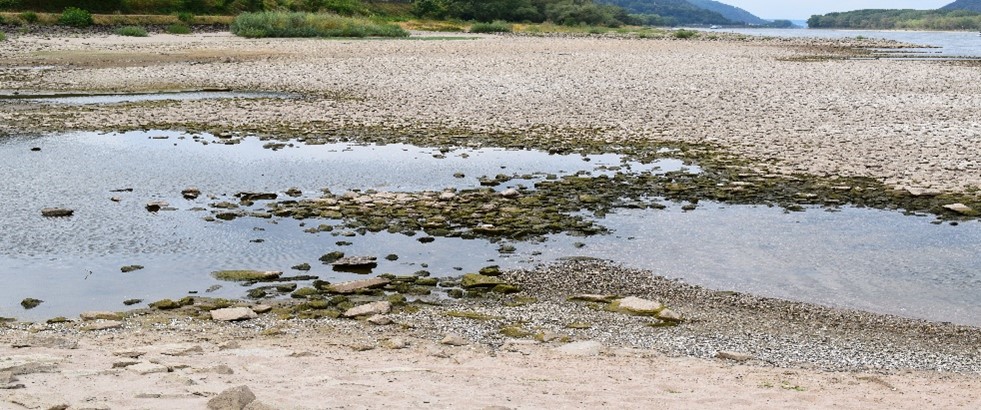This year’s lack of rainfall has taken its toll on river transport worldwide, impeding the transport of grain, diesel, coal, and other commodities.
Germany’s Rhine River is no exception. Water levels have dropped to an extremely low level, prompting officials to close the northern half of the river to all barge traffic. This is putting additional strain on truck and rail transport, which have been suffering in recent months due to a lack of capacity amid labor shortages and construction efforts, and will lead to a spike in ground freight rates.
The restrictions are impacting inland deliveries of numerous commodities, including energy and chemical, between Germany, Antwerp, Rotterdam, and Poland and the backlogs are expected to take months to clear. As a result, refineries in the affected areas are cutting back operations, which will add to inflationary pressures across North Europe. Other industries may also be forced to cut back on production, including farming, chemical, steel, and building materials.
The weather phenomenon facing the Rhine is common across much of Europe. Water levels have dropped to dangerously low levels on the UK’s River Thames, Italy’s River Po, France’s Loire, and Western Europe’s, longest River Danube, resulting in limitations on large vessels and threatening food production.


